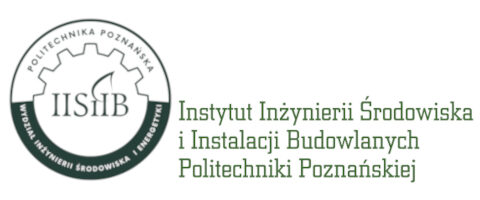The studies are offered in two cycles, full-time (during the work week) or part-time (on weekends) and are divided as follows:
- first-cycle studies (BSc.) (covering 3.5 years or 7 semesters of full-time programme, and 4.5 years or 9 semesters of part-time programme). After defending their diploma thesis, the graduates receive the professional title of engineer,
- second-cycle studies (BSc.) (covering 1.5 years or 3 semesters of full-time programme, and 2 years or 4 semesters of part-time programme). Completing this cycle and defending the diploma thesis results for the graduates in being awarded the professional title of Eng..
Master’s-level graduates can further pursue their scientific interests at the Doctoral School (third-cycle studies). After completing this programme and defending their doctoral thesis they receive the academic degree of Doctor of Technical Science.
The knowledge obtained in first-cycle studies enables students to get to know the issues addressed by environmental engineering, and then in second-cycle studies expand knowledge in one of two available specializations:
- water supply, and water and soil protection, focusing on water supply and sewage collection , as well as waste management; this is where you can learn how to purify drinking water and neutralize harmful substances in sewage and waste, and learn the meaning of such terms as refractive compounds, nitrification, dephosphatation and activated sludge (LINK to the website of the Water Supply and Bioeconomy Division),
- heat supply, air-conditioning and air protection, covering topics related to thermal comfort – heating, cooling and ventilation; here you will learn how to pay less for heating, how to reclaim heat from used ventilation air, and what is a heat pump, recuperator, chiller, solar collector, thermal expansion and exergy.
The plan of studies listing all subjects in the syllabus for the environmental engineering course, with corresponding prescribed form of teaching (lectures, auditorium classes, laboratory classes, project classes), number of class hours, and ECTS (European Credit Transfer and Accumulation System) points, has been specified in the study schedules available at the website of the Faculty of Environmental Engineering and Energy.
LINK to study schedules at the website of the Faculty of Environmental Engineering and Energy
A detailed description of all subjects in the syllabus, with the corresponding prescribed number of class hours, initial requirements, goals and expected learning effects, are available on the subject description charts – syllabuses, ECTS charts.
LINK to ECTS charts at the PUT website
The study schedule, scope of material for each subject, and ECTS charts are regularly updated.
